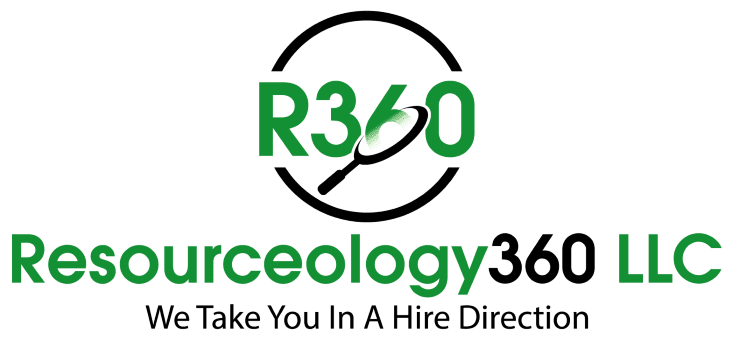The Power of Diversity, Equity, and Inclusion: Why It Matters and How to Get It Right

Posted September 4, 2024
Diversity, equity, and inclusion are more than just buzzwords—they are essential components of a thriving, innovative workplace. Here’s why DEI matters and how organizations can effectively implement these principles.
Understanding DEI
Diversity refers to the presence of differences within a given setting, including race, ethnicity, gender, age, sexual orientation, disability, and more. It’s about having a variety of perspectives and experiences within a group.
Equity involves ensuring fair treatment, access, opportunity, and advancement for all individuals while striving to identify and eliminate barriers that have historically led to unequal treatment.
Inclusion is about creating an environment where all individuals feel welcomed, respected, and valued. It’s not enough to just have diverse individuals in your organization; they need to feel that they belong and are actively included in all aspects of the workplace.
The Business Case for DEI
- Enhanced Innovation and Creativity
Diverse teams bring a range of perspectives that can lead to innovative solutions and creative problem-solving. When people from different backgrounds collaborate, they approach challenges from unique angles, which can drive more effective and novel solutions.
- Improved Employee Engagement and Retention
An inclusive workplace where employees feel valued and respected is more likely to foster high levels of engagement and job satisfaction. This, in turn, can reduce turnover and help retain top talent, which is crucial for maintaining organizational stability and growth.
- Broader Market Reach
Organizations that embrace DEI are better equipped to understand and serve a diverse customer base. By reflecting the diversity of their clients and communities, businesses can more effectively address varied needs and preferences, leading to increased market reach and customer satisfaction.
- Legal and Ethical Responsibility
Complying with anti-discrimination laws and fostering an inclusive workplace is not just good practice—it’s a legal and ethical obligation. Organizations that prioritize DEI are not only protecting themselves from potential legal issues but also demonstrating a commitment to ethical business practices.
Implementing Effective DEI Strategies
- Leadership Commitment
DEI efforts must start at the top. Leaders should not only endorse DEI initiatives but actively participate in them. Their commitment sets the tone for the entire organization and demonstrates that DEI is a core value.
- Inclusive Recruitment and Hiring
To build a diverse workforce, organizations should adopt inclusive recruitment practices. This includes broadening recruitment channels, using unbiased language in job descriptions, and implementing diverse hiring panels to reduce bias in the selection process.
- Ongoing Education and Training
Providing regular DEI training and education helps employees understand and appreciate different perspectives. Training should cover topics such as unconscious bias, cultural competency, and inclusive communication, and it should be integrated into the organization's ongoing professional development programs.
- Establishing Clear Goals and Metrics
Setting specific DEI goals and measuring progress is crucial for accountability. Organizations should track metrics related to diversity in hiring, employee engagement, and retention to assess the effectiveness of their DEI initiatives and make data-driven decisions for improvement.
- Creating a Culture of Feedback
Encourage open dialogue about DEI and create channels for employees to provide feedback. This helps identify areas where improvements are needed and ensures that employees feel heard and valued.
- Supporting Employee Resource Groups (ERGs)
ERGs provide a space for employees with shared identities or experiences to connect and support each other. These groups can also offer valuable insights into the challenges and opportunities related to DEI within the organization.
Conclusion
Implementing effective DEI practices requires commitment, action, and ongoing effort. As a DEIB Specialist, I’ve seen firsthand the transformative impact that a focus on diversity, equity, and inclusion can have on organizations. By embracing these principles, organizations can not only enhance their workplace culture but also drive meaningful business outcomes.
If you’re looking to advance your organization’s DEI journey, or if you need guidance on developing and implementing effective DEI strategies, let’s connect. At Resourceology360, we’re dedicated to helping businesses create inclusive environments where everyone can thrive.
Lettice Mayfield
Senior HR Consultant
Resourceology360, LLC
Get in Touch
Partner with Resourceology360 for Customized HR Solutions
Looking to enhance your business with expert HR support? Reach out to Resourceology360. Tell us your needs, and we'll provide tailored strategies to boost your team's performance and achieve your goals. Let's grow your business together with smart HR solutions.
